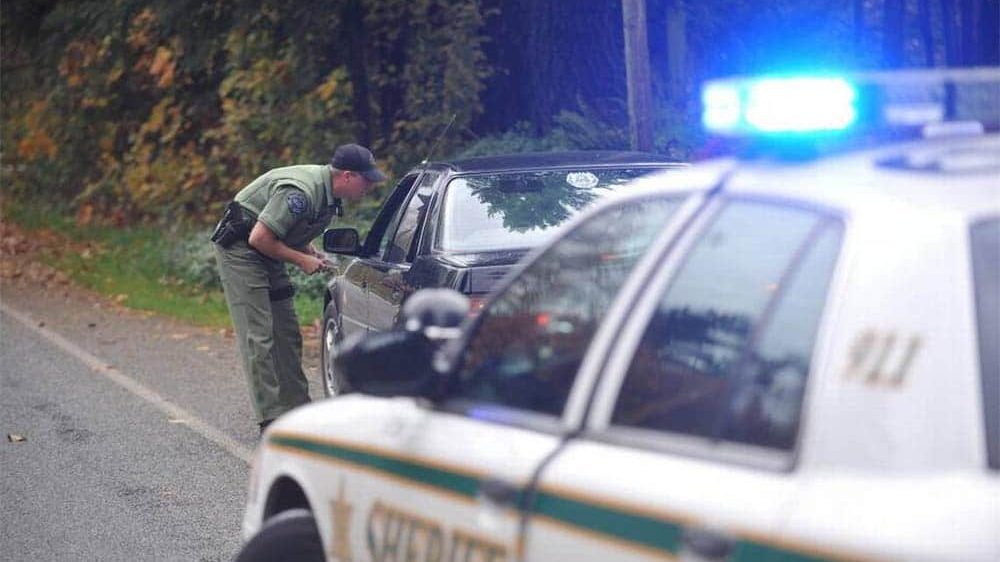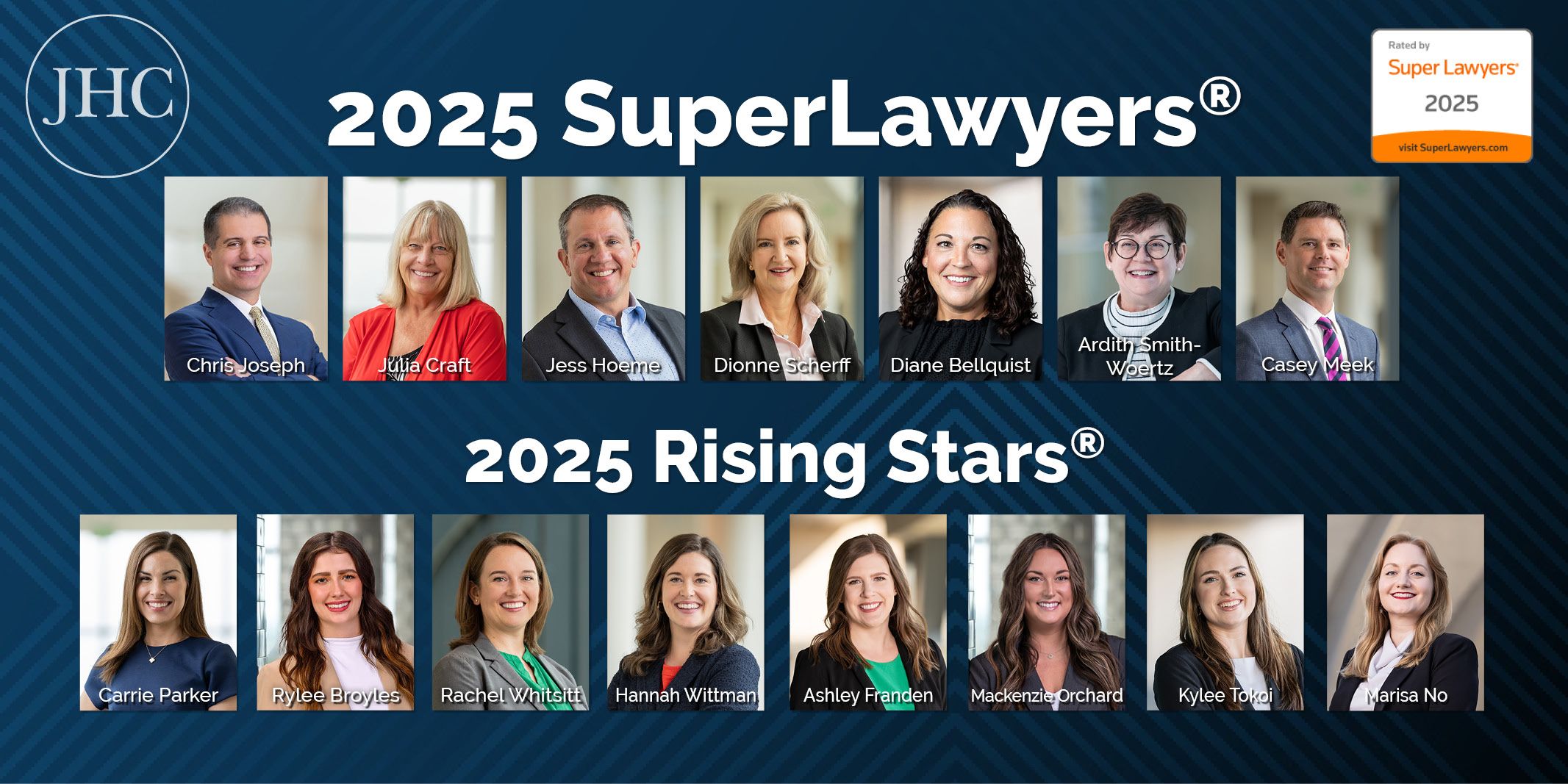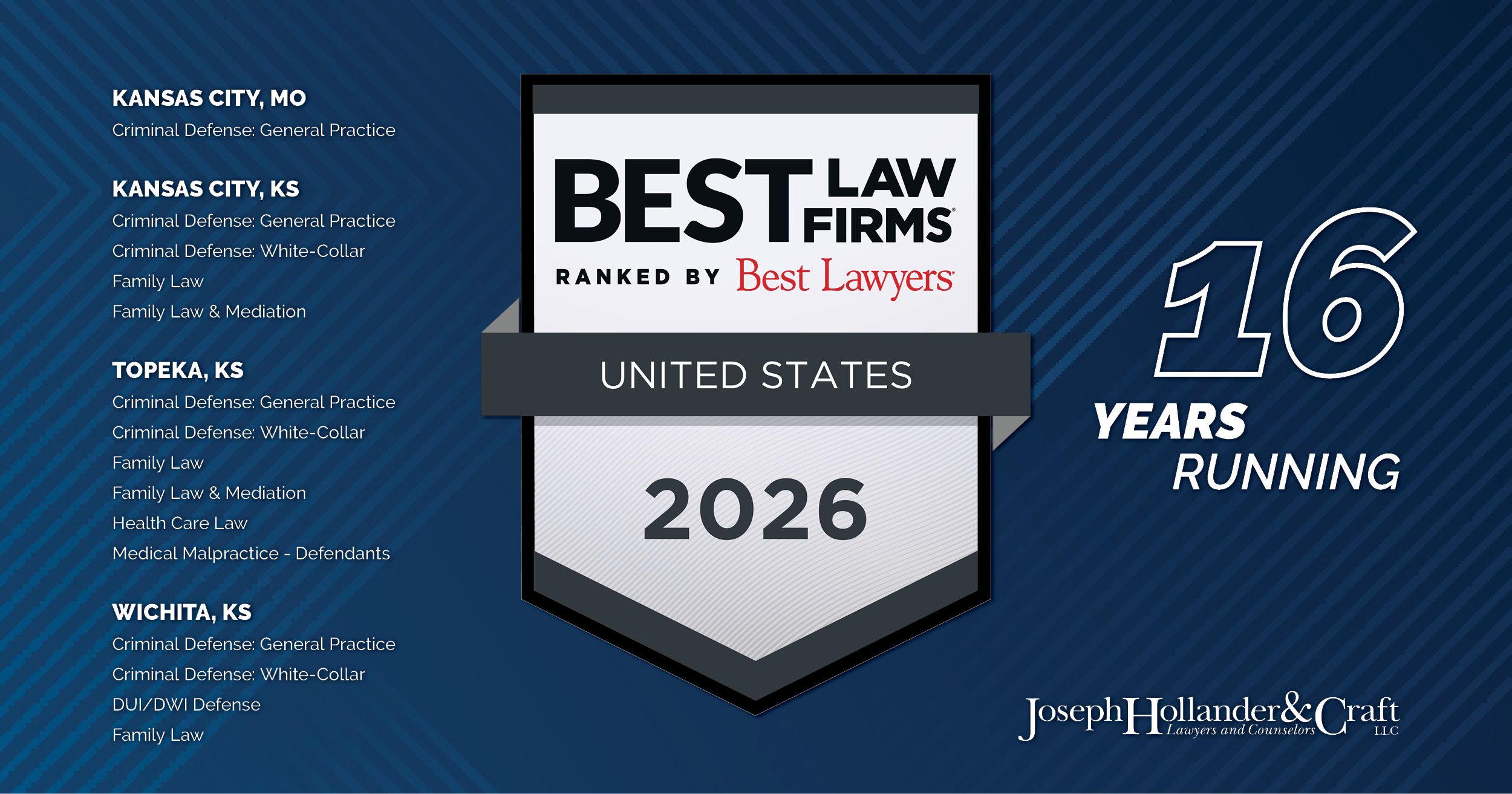In United States v. Rodriguez, 135 S.Ct. 1609 (2015), the United States Supreme Court was asked whether police officers could routinely extend the length of a traffic stop to allow a trained drug detection dog to sniff the stopped car. The Court held that they may not. Specifically, the Court held that, absent reasonable suspicion of criminal activity or consent, “a police stop exceeding the time needed to handle the matter for which the stop was made violates the Constitution’s shield against unreasonable seizures.” Tightly defining the parameters of an ordinary traffic stop and expressing intolerance for law enforcement inquiries unrelated to the traffic infraction, Rodriguez has been a powerful tool for protecting motorists’ Fourth Amendment rights. Its application reaches far beyond dog sniffs to limit roadside investigations aimed at discovering drugs and cash.
On June 22, 2018, the Kansas Supreme Court released a series of opinions applying Rodriguez to drug interdiction stops on I-70: State v. Jimenez, State v. Lowery, and State v. Schooler. Each case originated out of Geary County—a county with some of the most active interdiction officers in Kansas. Because interdiction officers employ a script, each case presented similar facts. The Kansas Supreme Court carefully addressed the nuanced implications of each case’s individual facts, but each opinion demonstrates that it heeded Rodriguez’s restriction of the permissible scope of a traffic stop. Collectively, the opinions supply excellent support for suppression motions—in criminal cases as well as civil forfeiture actions.
The most anticipated opinion was Jimenez. In a victory for the defendant, the Court rejected the State’s argument that “travel plan” questioning never unconstitutionally extends a traffic stop because it is always part of an officer’s mission. “[I]t is not that simple,” said the Kansas Supreme Court. “Circumstances matter.” The Court went on to clarify that—contrary to the State’s contentions—State v. Morlock, 289 Kan. 980 (2009), does not give officers free rein to use a traffic stop to ask travel-related questions without regard to their scope or duration. Clarification of the Morlock opinion, which the Court admitted was susceptible to the interpretation advanced by the State, was a welcome addition to traffic-stop case law.
Jimenez did not, however, answer a critical question that placed the case on our watch list. The Court of Appeals held that a criminal record check performed by the officer was within the stop’s scope and not a violation. We were hoping our Supreme Court would review and reverse this holding. But, noting that the criminal history check was not a basis for the district court’s suppression ruling, the Court expressly declined to address it. We continue to wait for precedential guidance on this issue.
If you have been stopped by Kansas interdiction officers searching for drugs and/or drug proceeds, call the criminal defense attorneys at Joseph, Hollander & Craft. We know the script, and we know when it runs afoul of your Fourth Amendment rights. We provide pre-charge representation and criminal defense. We also help claimants reclaim cash that has been seized for forfeiture. With offices in Wichita (316-262-939), Topeka (785-234-3272), Lawrence (785-856-0143), and Overland Park (913-948-9490), we serve clients from the Oklahoma border to the Kansas City area.













